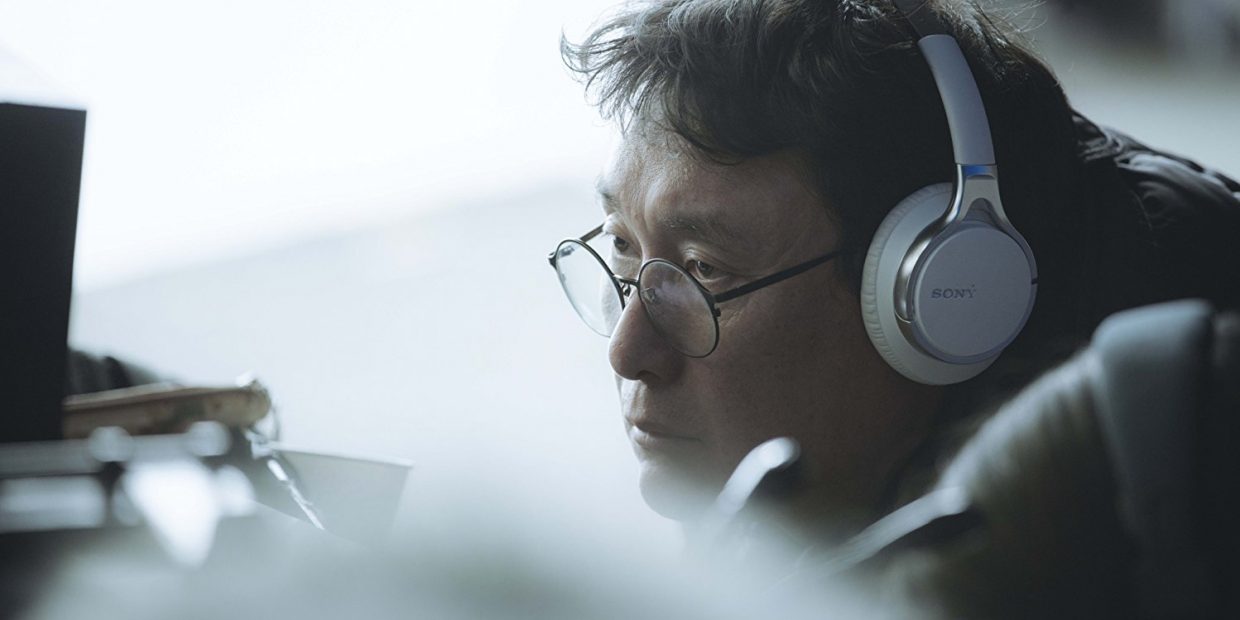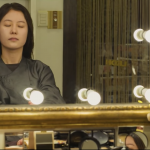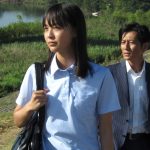The death of pro-democracy student protestor Park Jong-chul and the subsequent cover-up by crooked and thuggish authorities has a snowballing effect in 1987: When the Day Comes, an engrossing, often sombre but ultimately hopeful ensemble thriller from Korean director Jang Joon-hwan.
Winner of the Golden Mulberry audience award at the Far East Film Festival over this past weekend, 1987 delves into the ugly thick of the events leading up to the June Democratic Uprising as a series of defiant legal professionals and activists each play a role in exposing an unsettling truth that is being violently suppressed.
We sat down with Jang to discuss his rousing new film and the turbulent chapter in history that it portrays.
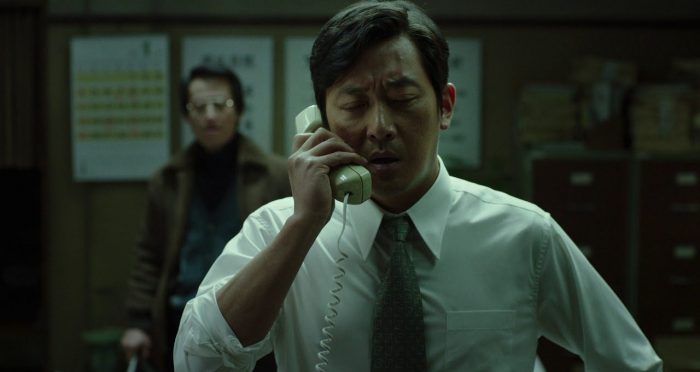
So the full English title of the film is 1987: When the Day Comes. What day is this referring to? And has it come yet?
It’s a very interesting question and at the same time, very difficult. The day is the day that everyone hopes to arrive – but when it actually comes, it’s gonna be difficult. So we don’t know whether the day has come or hasn’t come yet. People think that the film finishes with the song called “When the Day Comes” but actually after that, in the credits, there is another song called “The Veiled Road”. So we are not sure if the day hasn’t come yet because it’s veiled. It’s not clear. I put that song in the end to say that nobody knows. But we have to believe and we have to try even if we fail. We have to keep pushing, even if we fall down again.
The film has quite a large cast of characters who each do their part to resist and expose corruption. Do you feel that a collective effort is needed to bring about change?
In this film many people struggle against the big power and challenge it daily. But in the end, all these ordinary people come to the street as well and they change the flow of history. That was one of the reasons I was charmed by this story. I believe it’s the beauty of this film. When you look at this film in a classical way, it doesn’t have one or two protagonists, which can be challenging because sometimes it’s easier to follow just one lead and his or her feelings and challenges but there are too many people. It’s like a running relay going through until the end. It’s very challenging but interesting to have this kind of structure that goes with the theme.
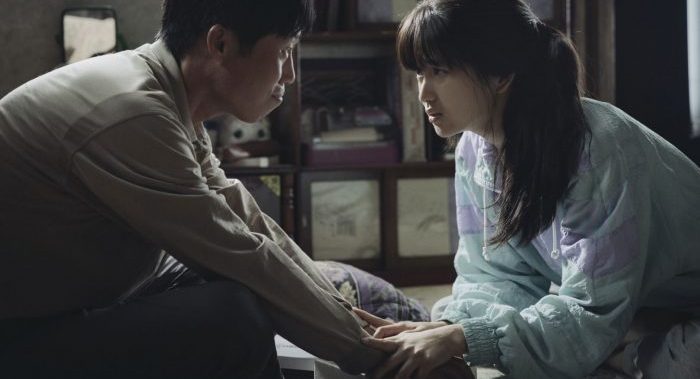
What do you think we can learn from the events of 1987?
There are often times when individuals feel despair because they see others don’t try at all to change the world, but 1987 was also that kind of time. After watching this film, our current president Moon Jae-in said that at the time many people said that nothing will change even if you try, so why are you trying? And in the film, Yeon-hee also asks her uncle: ‘Why are you trying? You cannot change the world.’ But sometimes, if you don’t give up on your courage and the hope in your heart, others also kick back and then a miracle can happen.
So it’s very important not to give up on your hope. The water starts to boil when it reaches 100 degrees Celsius, but even if it’s at 98 Celsius, you don’t know whether it’s gonna boil and when it’s gonna boil. Sometimes you feel like others don’t have that kind of conscience or hope, but nobody knows. So it’s very important to keep your hope inside.
Even beyond the focus of the plot, the film seems to stress the importance of getting the truth out there. There’s a scene, for example, where a university club hosts a secret screening of the famous footage of the Gwangju Uprising.
There is an activist in the film who says that the truth is the most important weapon we have. I wanted to emphasise the power of the truth and how people who have power oppress the truth. They just spread lies to keep their power. But if you know the truth then it is important when the day comes and the miracle happens.
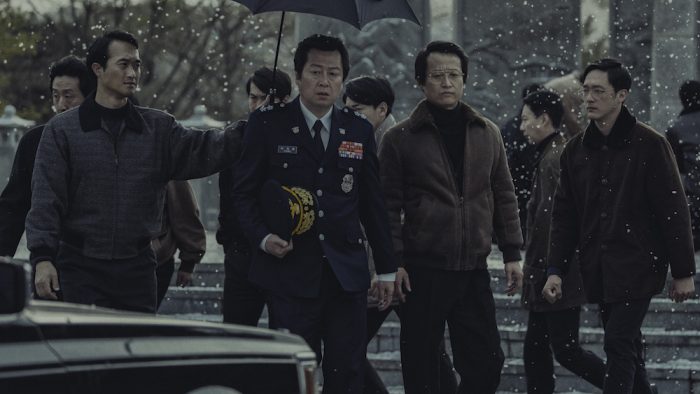
Like Yeon-hee, the university girl, I also watched the video of the Gwangju massacre when I was in high school at a church, and that was how I came to know about it. When I look back, maybe that was the time that this story started inside of me. And thanks to the German reporter who brought that video outside of Gwangju, many who watched it started demonstrating and fighting against this dictatorship.
As a filmmaker, do you also feel like you’re trying to capture some form of truth?
In the film Revolutionary Road, directed by Sam Mendes, there is a quote I cannot recall exactly, but it basically says that the good thing about the truth is that it lasts long and it soothes you. As creators in the entertainment and film industry, sometimes you want to make it more interesting even if it’s not truthful, but I think a truthful story can last longer and also soothe people. So it’s very important to stick to the truth, and it’s more entertaining too.

